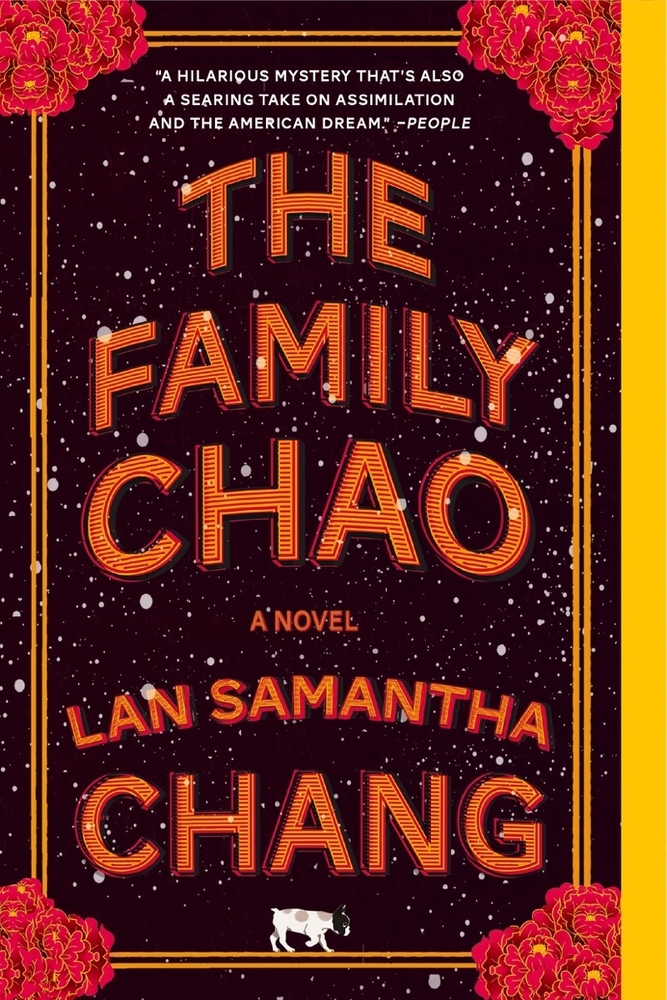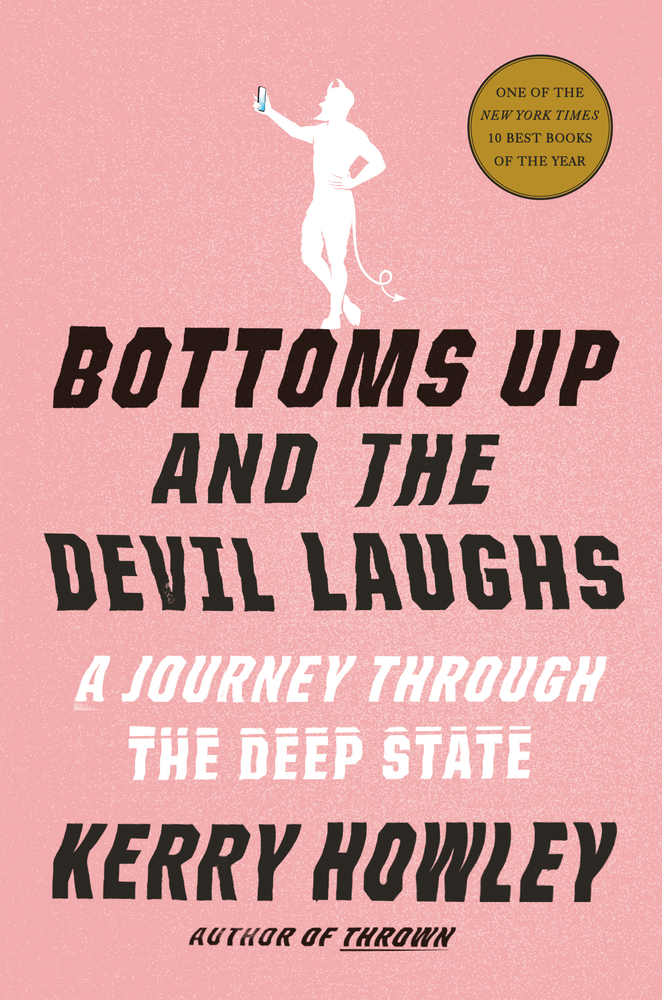Reader’s Notebook, 5/2/24

The Bullet Swallower – Elizabeth Gonzalez James
This book has gotten crazy praise in literary circles, landing on numerous Best Of lists already. With good reason. It is a very well-told, fictional story of three generations of Mexicans and their family history. One is a bandit in the late 19th century border territory, who is forced to bargain for his life after a raid on an American train goes off the rails (so to speak). The other two are his son and grandson, living in 1960s Mexico City, with the third generation uncovering the secret family history the middle generation tried to hide.
The bulk of the book is solid, but it builds and builds to a truly glorious final chapter. It was one of those endings that grabs you in an unexpected way, takes your breath away a little, and makes you want to go back and read it again.
I actually read the author notes in the back and James said she had wanted to write a Magic Realism novel, and do so while pulling in some of her family history. I’m not really sure what Magic Realism is, and nothing about her story seemed all that magically real. So I can’t really comment on that part of it. It was just a damn good story, regardless of genre.

The Helsinki Affair – Anna Pitoniak
Hey, another book about generations discovering family secrets!
In this case a young CIA officer becomes one of the youngest station chiefs in the service when she correctly predicts a US Senator will be assassinated and her superior officer ignores her warnings. With her new position, she is tasked with tracking down connections between the killing and Russia. She learns that the senator was working with a Russian businessman to expose efforts by the Russian government to manipulate the US stock market while blackmailing US companies. And, in turn, she finds her dad, who was once a CIA agent and now works in the agency’s PR division, listed among people involved in the blackmail.
Uh oh.
As she unravels the Russian conspiracy and protects her source in Moscow, she learns a hidden secret about her father’s career, the truth of why her parents’ marriage ended, and we get a nice setup for a sequel.


The Family Chao – Lan Samantha Chang
You know, I read so many books that they seem to fall into certain patterns of general themes. This one slots into the “immigrant family coming to terms with generational changes, troubles assimilating, and the younger generation feeling disconnected to both worlds” camp. Doesn’t roll off the tongue, does it?
Here James, the son of Chinese immigrants, is returning to his small hometown in Wisconsin for his college winter break. He steps into a fraught situation between his parents, who have split up, and his father and oldest brother, who has been pushing to take over the family restaurant. The first half of the book tracks all the various tensions in James’ and his family’s lives. Then, smack in the middle, his dad dies when he is locked into the faulty freezer in their restaurant and the book turns into a pretty compelling mystery. Finally, it spools out an unexpected plot line where a family secret is revealed as the likely cause of the father’s death.
Again with the family secrets!
Chang also throws in elements of teenage sexual awakenings, parent-child dynamics, issues unique to small towns, economic disparities and the anxieties that come with them, and religious barriers. There is also a part of the eventual trial for the accused killer of James’ dad that contains an element that is highly ridiculous, but is used to show how arguments against immigrants are often nonsensical and based on fear and stereotypes rather than facts.
There’s a lot going into the story, and Chang makes it all work.


Bottoms Up And The Devil Laughs – Kerry Howley
Howley dives into the “Deep State,” that semi-mythical, mysterious part of our government that allegedly pulls all the strings, protects child sex traffickers and baby eaters, and torpedoed our last president’s efforts to reform our country in his image.
However, she does not look at it either from the MAGA perspective or as a “Well, actually…” explainer. Rather, she hones in on how, in the post 9/11 world, so much of society has bent over backwards to give the NSA and its various offshoots and related agencies almost unchecked access to information about our lives. The general public often participates willingly in allowing the details of our daily lives to be weaponized, if needed, against us. The spread of that data has severe consequences.
Eventually Howley settles on Reality Winner, an NSA translator, to show the real power of the Deep State. When Winner comes across documentation that shows that the Russians actively sought to undermine the 2016 election, she is disturbed that no one is talking about the evidence in the public sphere. Not the media, not the government, not countless other watchdogs. There are general claims that something went wrong, but the evidence she has seen is never used to justify those claims.
So she leaks it. And is eventually caught. Then she enters a Kafkaesque investigation and trial where her defense attorneys are not allowed to see the evidence against her because they are not cleared, even though the same evidence has been published on public websites. And then they can’t access those websites because it would endanger both their efforts to earn clearance and violate court orders against accessed leaked, classified data. And on and on.
The danger of the “Deep State,” Howley argues, is not that this shadow government is working to undo the acts of elected officials. Rather it is that these massive, largely uncoordinated elements of our system can be leveraged to investigate the personal lives of regular citizens, finding data that, freed from context, can make anyone look like a terrorist, terrorist sympathizer, or enemy of the state. And unless you want to totally unplug and live off the grid, there’s not much we can do about it.